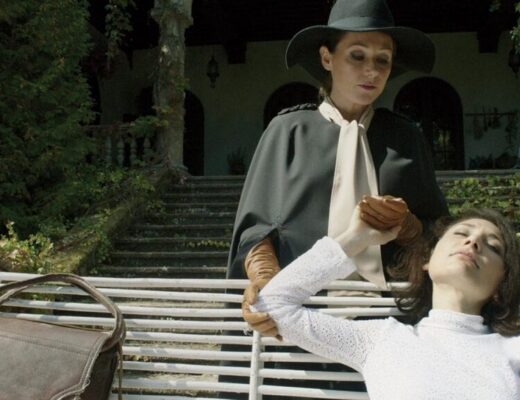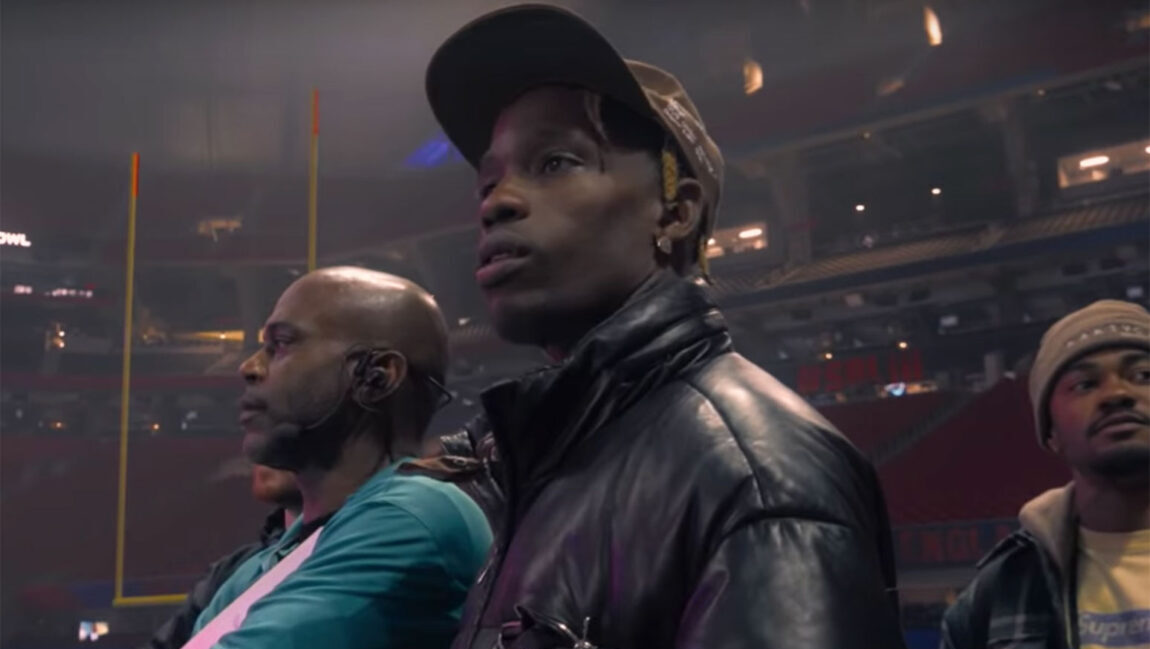It might open on a funeral, but Secrets & Lies is quietly one of the warmest and most optimistic entries in Mike Leigh’s vaunted filmography — itself such a trove that this Palme d’Or winner could reasonably be classed diminutive alongside the likes of Naked or Vera Drake. If those two masterworks represent his sophisticated range, the caustic bite of the former and the august heartbreak of the latter, then Secrets & Lies exemplifies the type of bittersweet melodramatic middle-ground Leigh delights in occupying. With that in mind, this is his most popular film with good reason, and as tempting as it is to go against the grain of broad appeal (underseen fare like the early-period High Hopes or late-period Another Year deserve to be hoisted aloft just the same), Secrets & Lies is undeniable in crystalizing Leigh’s craft while being approachable enough to serve as a gateway to the British auteur’s thematic worlds. A relatively simple core, a woman searching for her birth mother, belies the delicate complexity of the drama that follows, wherein Leigh intertwines several narrative threads tied to the family members involved. The highlight here is the character work, a product of Leigh’s idiosyncratic script-building method: characters and dialogue developed over months of improvisational rehearsals lend such texture to these performances that they can’t help but feel real to the touch. The varying family dramas are seamlessly edited together by longtime collaborator Jon Gregory, while the semi-lighthearted tone and Leigh’s ambling scene pacing give the film the feel of a down blanket that you can snuggle into for the duration of its two-hour runtime.
All of this style and power are immediately evident from the film’s outset. Even the way the funeral intro is shot speaks to this, our protagonist Hortense (Marianne Jean-Baptiste) mourning her adopted mother, and yet the camera pans around taking ample time to find her in the crowd. Hortense is at first lost in a sea of mourners who are captured in long-held close-ups, hinting the egalitarianism of Leigh’s approach. In the scene that follows, we are transported to a wedding where another central character, Maurice (Timothy Spall), is taking photos of a bride, and yet the camera mirrors his own, luxuriating on the bride’s youthful glow, hinting to us that following Maurice home rather than the woman being photographed is almost incidental, a matter of chance. This type of quiet character work is later reaffirmed by the various subjects who grace Maurice’s photo studio for their portraits. This parade of Mike Leigh regulars intersperses the film, adding an additional layer of complexity as each of them unfurls their micro-narratives in brief moments of screen time. The level of depth afforded to some of the most fleeting figures in the film pulls double-duty in increasing the sense of immersion, while quietly masking elements that would otherwise appear contrived. The myriad parallels and interlocking themes carry a poetry to them that could otherwise come off heavy-handed, (e.g. an optometrist and photographer who have oppositional ideas on truth and artifice; two daughters in different stages of grief find each other; two pivotal moments where a figure from the past barges into the present, one with a happy ending and the other not, etc.), and yet, this accumulation of side stories (the shy bride of the opening, a woman scarred by a car crash, Hortense’s brothers arguing about their mother’s house, a couple coldly bickering at their photoshoot) lends a sense of natural serendipity to it all.
Of course, the heart of the film rests in the mother-daughter reunion between Hortense and Cynthia (Brenda Blethyn), and their first meeting is captured in a stiflingly beautiful long take. The two sit side-by-side, squeezed in an all too small diner booth facing the camera as the moment plays out. In this scene, Jean-Baptiste plays Hortense with an almost supernatural composure, while Blethyn’s Cynthia goes through various stages of disintegration, collapsing down an emotional staircase as she comes to terms with the daughter she gave away. It’s a brilliantly studied dialogue befitting Leigh’s playwright pedigree, one that weaves through the conversation while allowing its many subtexts — Hortense is Black while Cynthia is white, Hortense is middle-class while Cynthia is blue-collar — to percolate. A blockbuster scene in its own timid way, its natural flow and writing are astonishing. And the scene’s closing bit speaks so much to Leigh’s delicacy: “I’ve known since I was seven,’ Hortense says of her adoption, “…My mum told me on the plane on our way back from Barbados.” “Little girl,” Cynthia asides. “Was you upset?” Pause. “I just looked out at the clouds.” Hortense says this while slowly turning away to look into the distance; Cynthia turns to look and nods as if that’s the second everything clicks, at which point Leigh pulls the scene away from us, cutting to their drive home.
The bond that forms between the two women, both lonely, both grieving, both searching for something more, doesn’t so much drive the narrative that follows as much it winds through it, a technique deftly used by Leigh throughout his entire career. This maneuver facilitates a gorgeous interplay of characters and ideas that is at once loose enough to afford long non-sequiturs (like the one at Maurice’s shop) all the while building to a rich and satisfying conclusion. Time and time again Leigh builds breathing room into the tightest narratives, allowing his characters so much texture and freedom that they flow from scene to scene as if moving of their own accord, yet somehow always finding their path to powerful thematic culminations regardless. In an interview with Charlie Rose around the time of the film’s release, Rose asks why, given how effective Leigh’s improvisational scripting method is, so few directors emulate it. Blethyn who is sitting at the table with Leigh and Jean-Baptiste is quick to speak up: “They don’t know how…” she says, ‘…they don’t know how to do what he does.”
Part of Kicking the Canon – The Film Canon.







